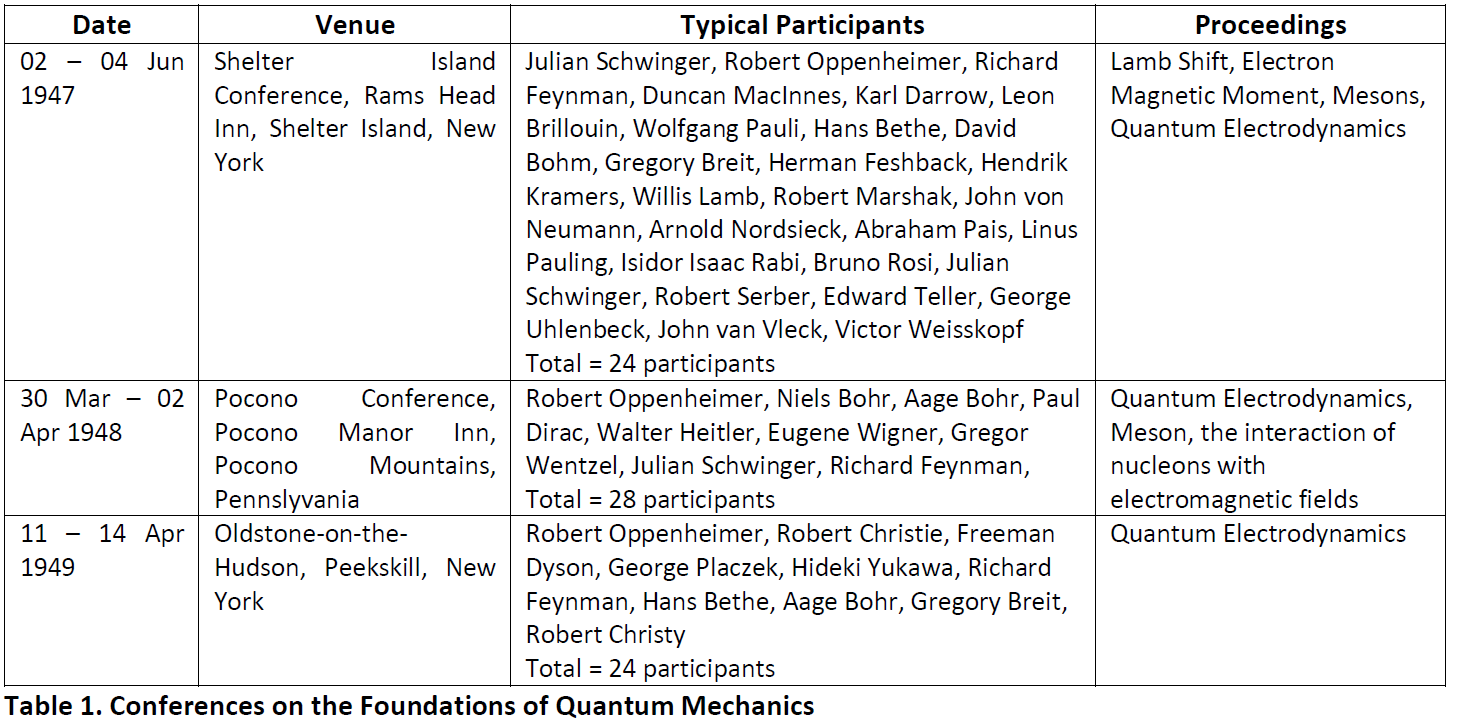Foundations of Interstellar Studies Workshop
Calculating and contemplating the future of humankind among the stars and beyond, through rigorous and reasoned intellectual discourse
The Foundations of Interstellar Studies workshops are designed to consider the human exploration of the outer solar system, the stars and the wider galaxy. We discuss the technologies required, with a focus on specific ideas or solutions for existing challenges or technical problems.
“The only way of finding the limits of the possible is by going beyond them into the impossible
— Arthur C Clarke
The First Foundations of Interstellar Studies workshop took place at City College New York and the Harvard Club of New York, in New York City, 13-15 June 2017.
The Second Foundations of Interstellar Studies workshop took place in the town of Charfield, Gloucestershire, United Kingdom, 27-30 June 2019.
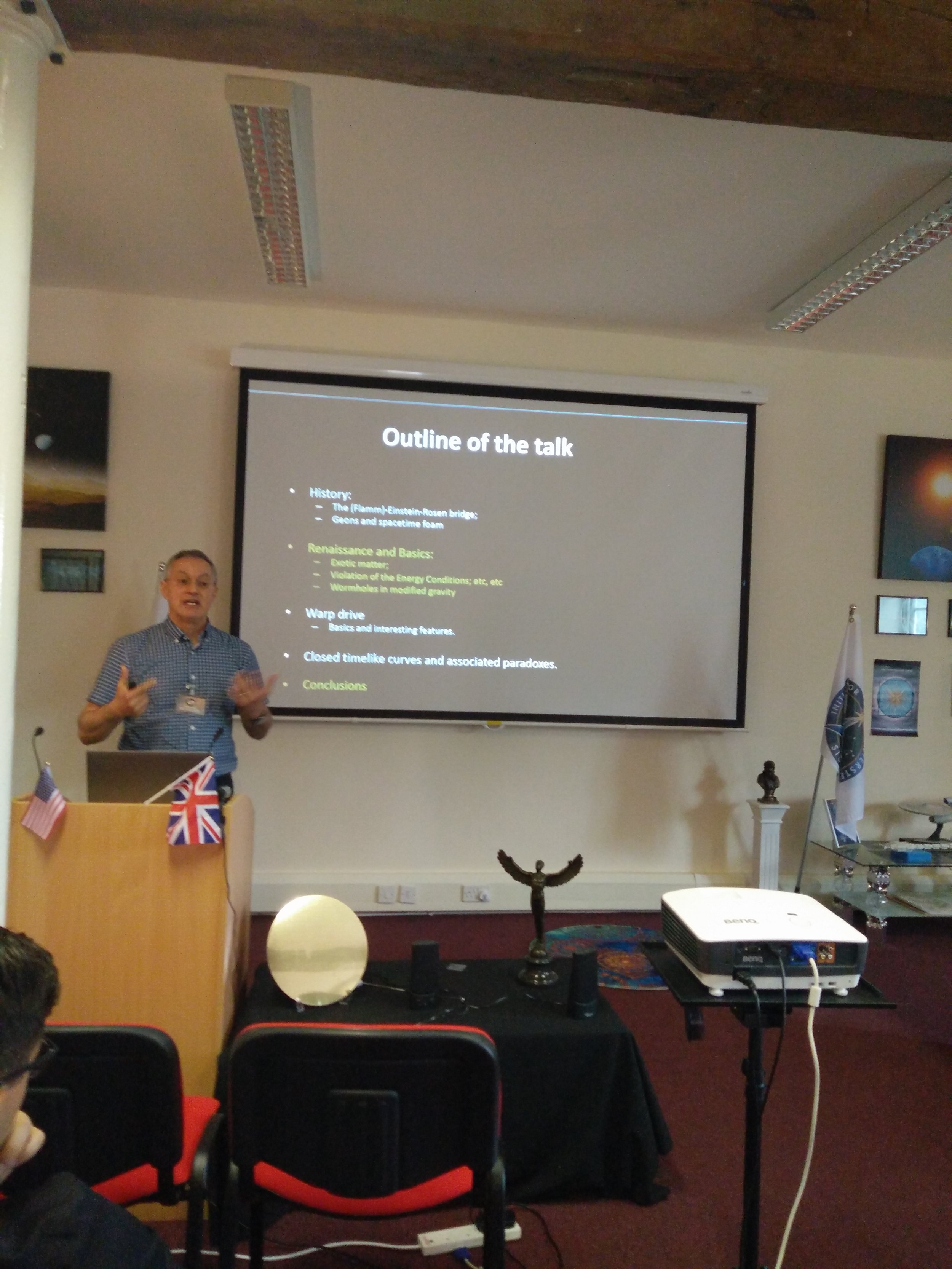

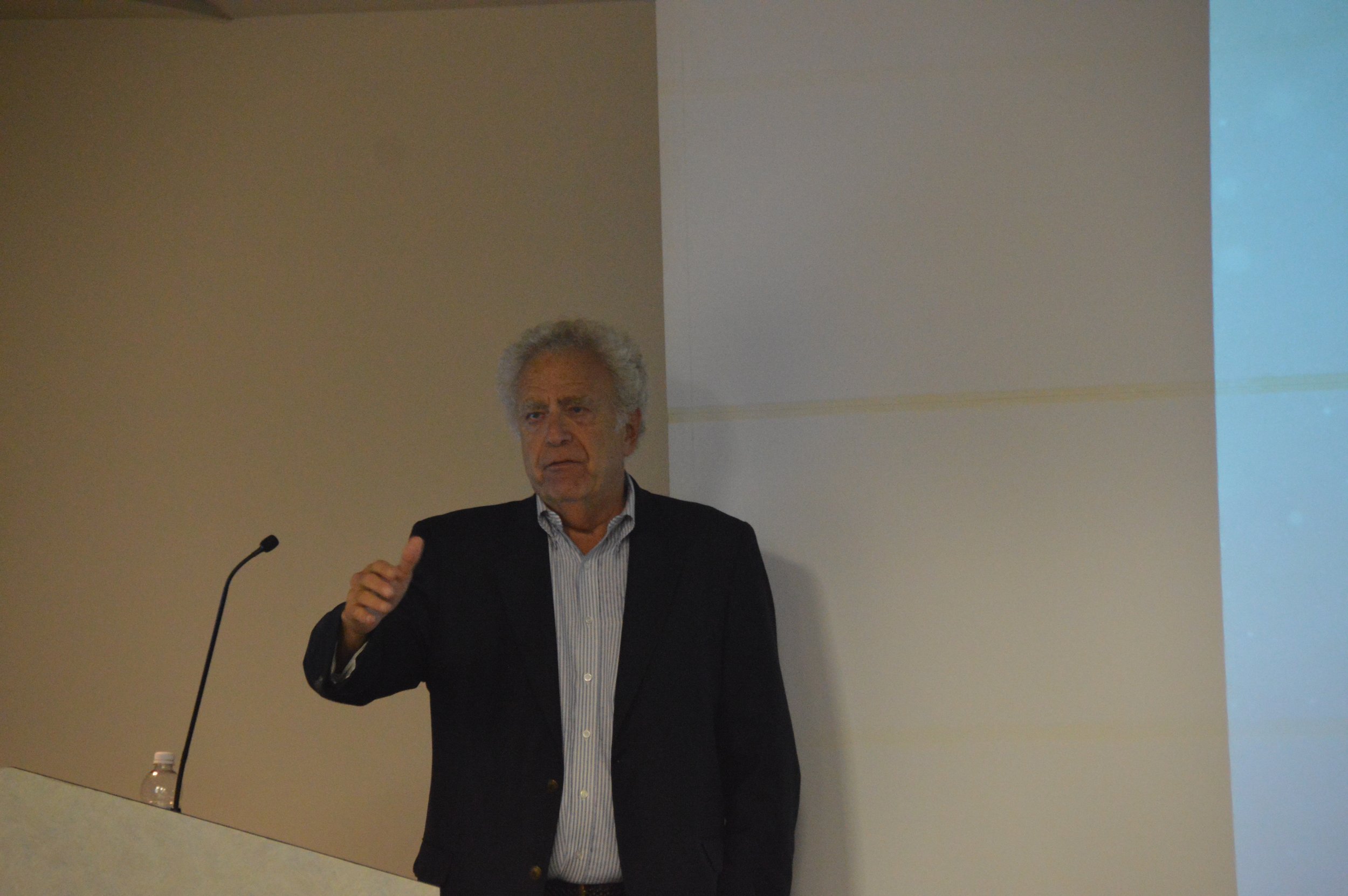
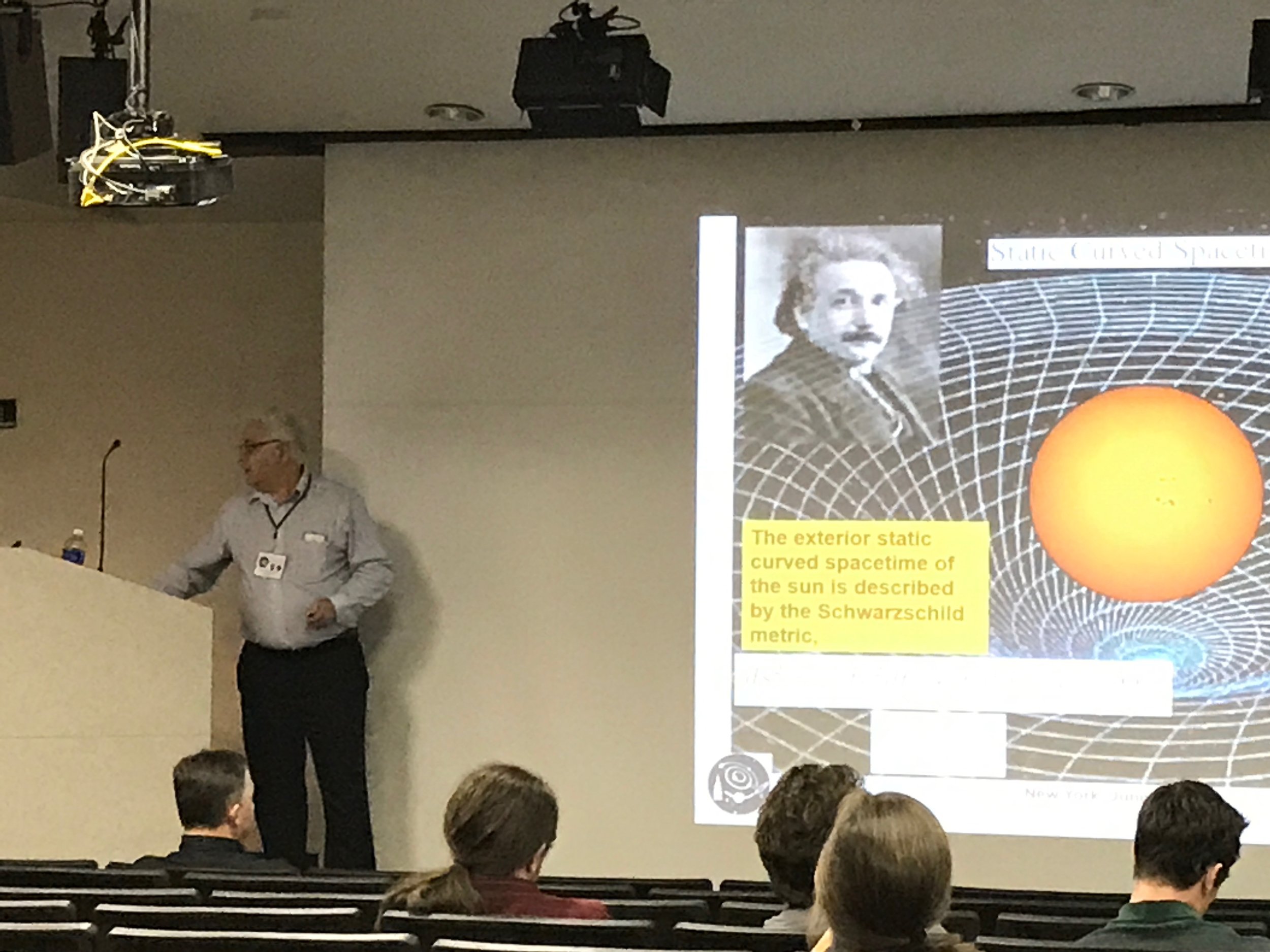
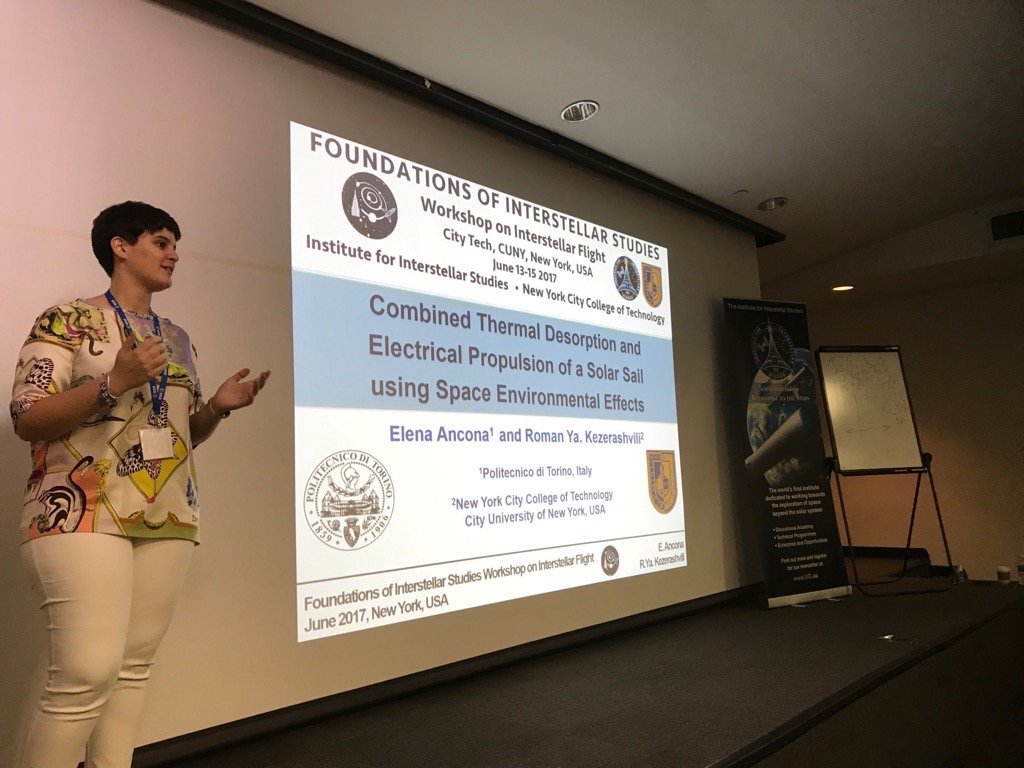
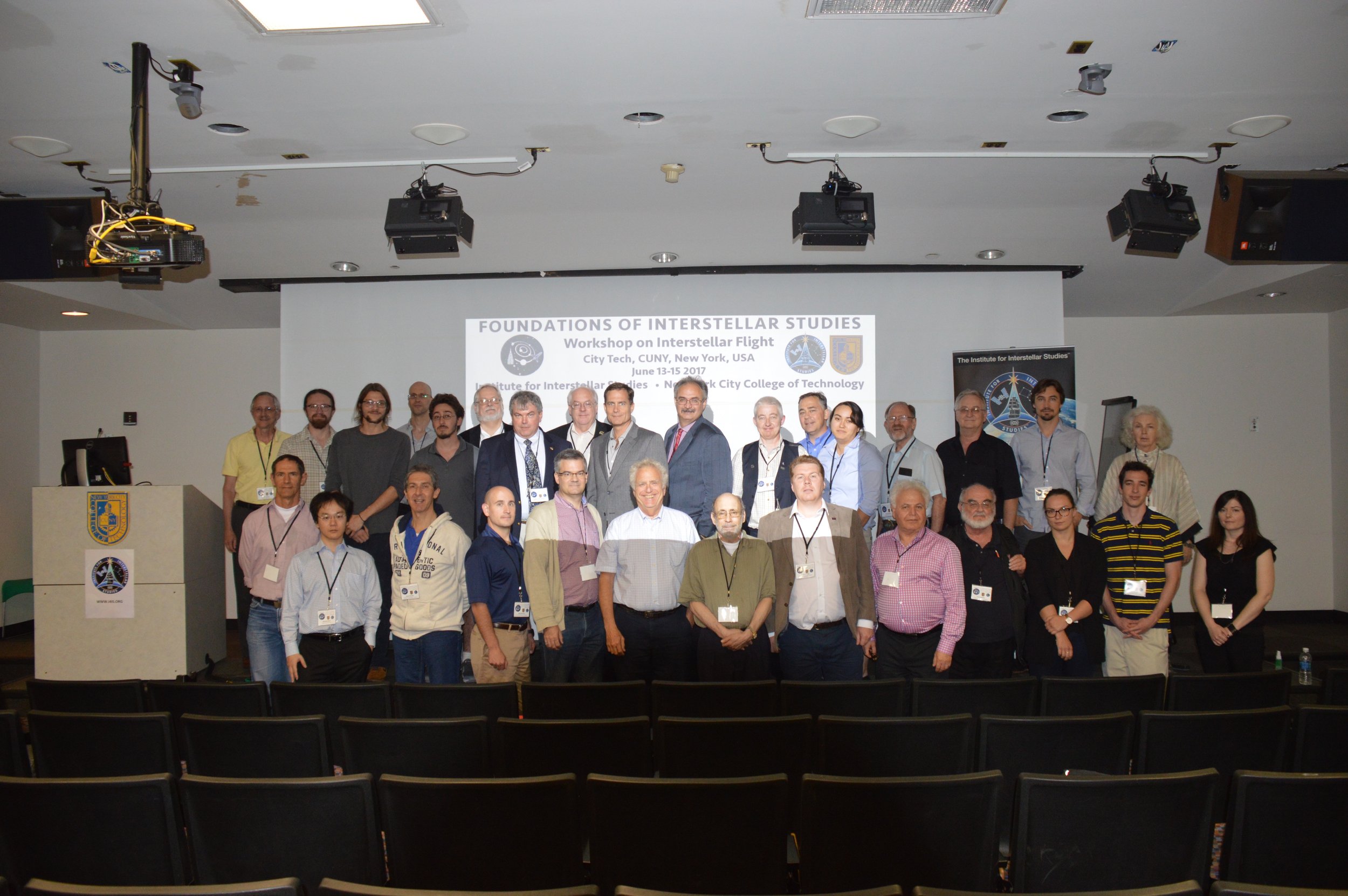

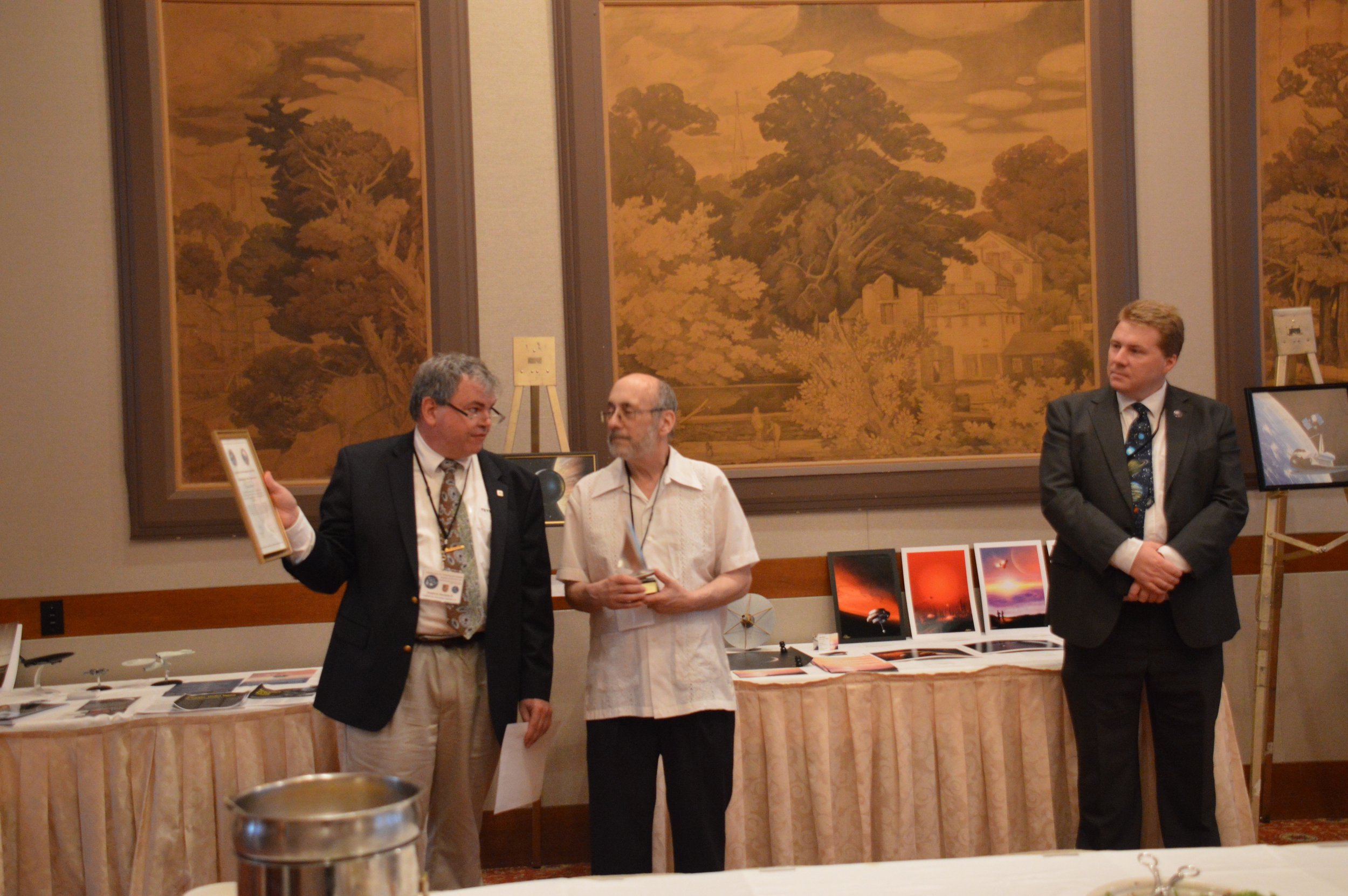
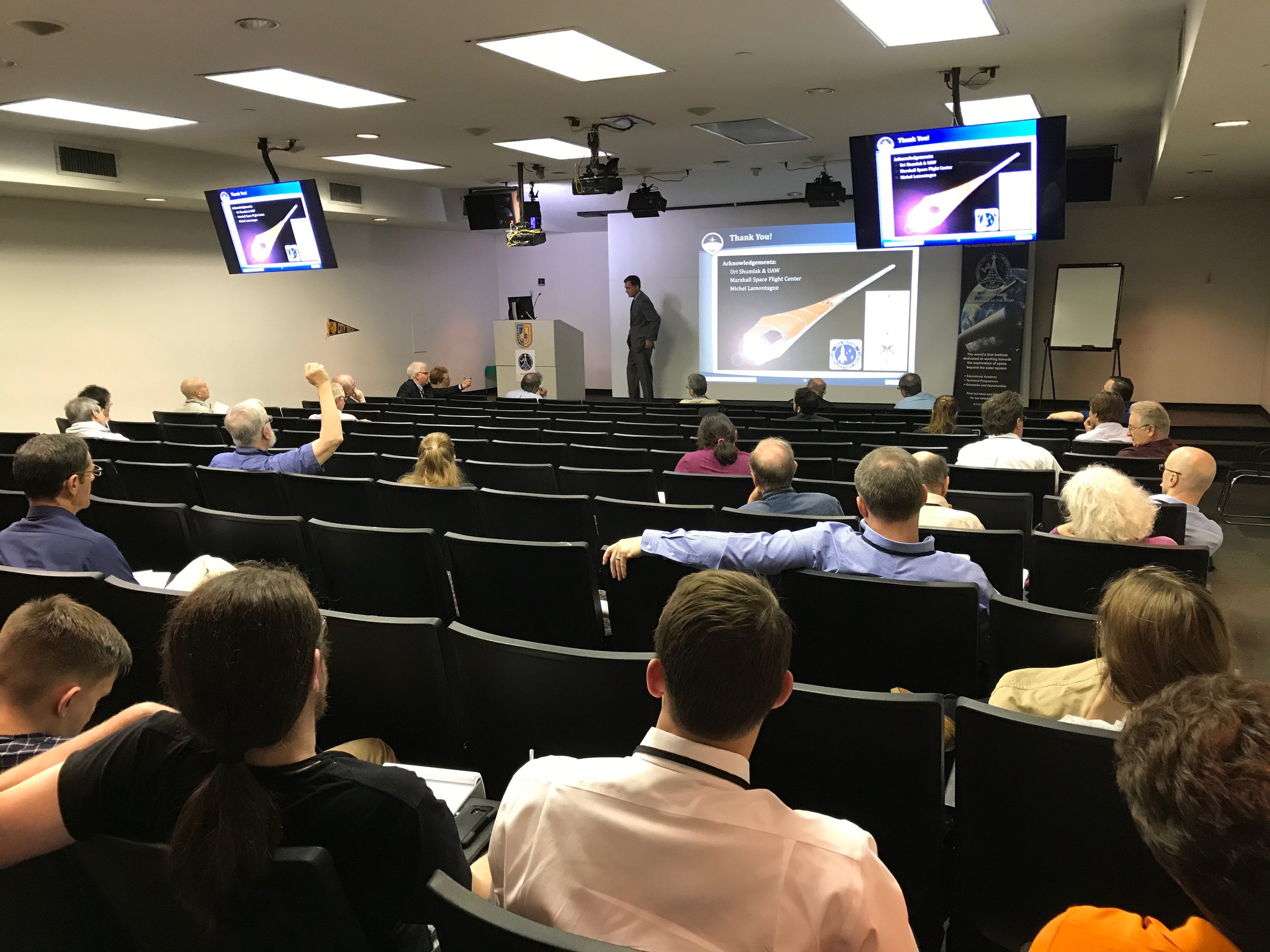
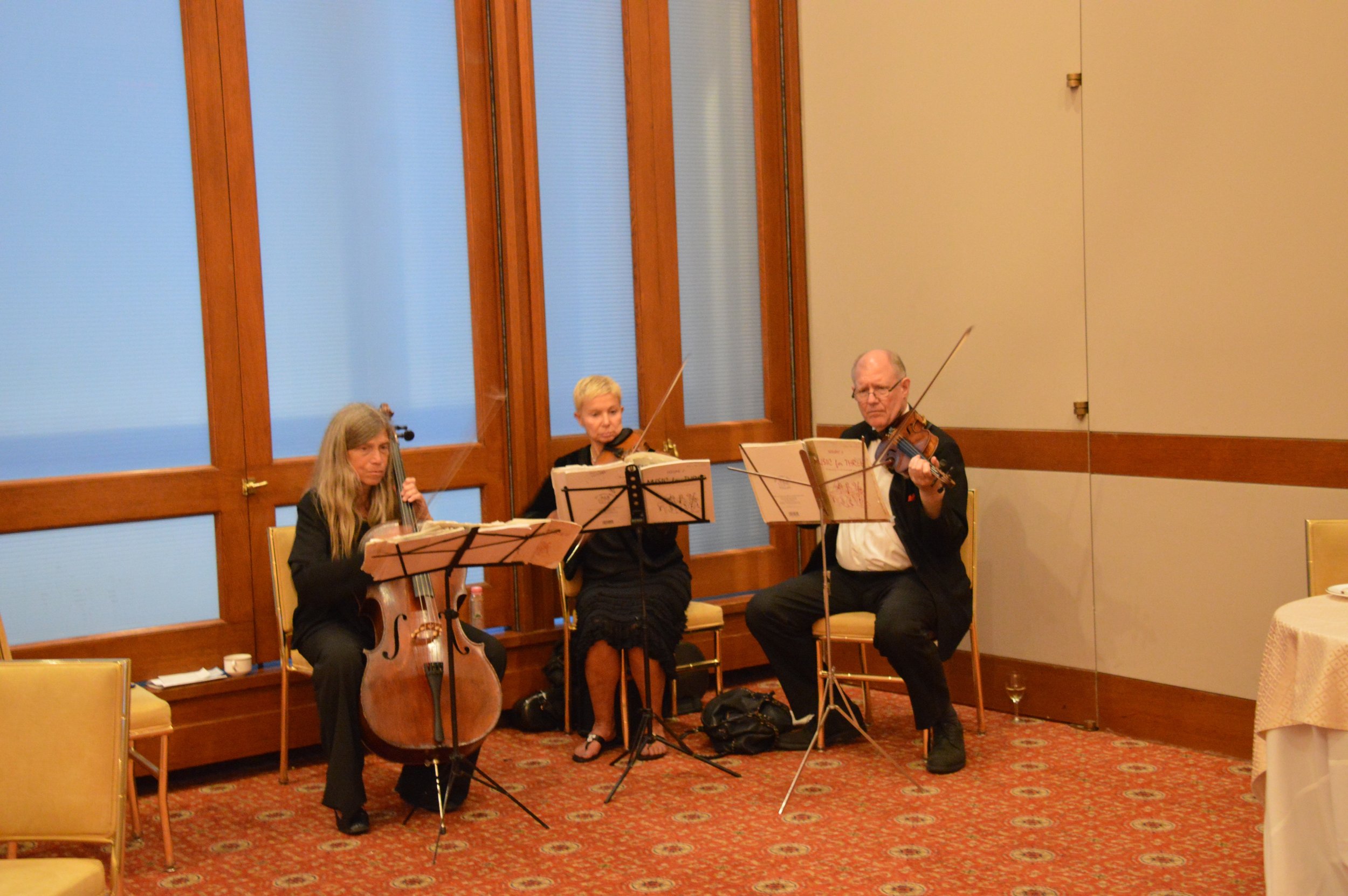

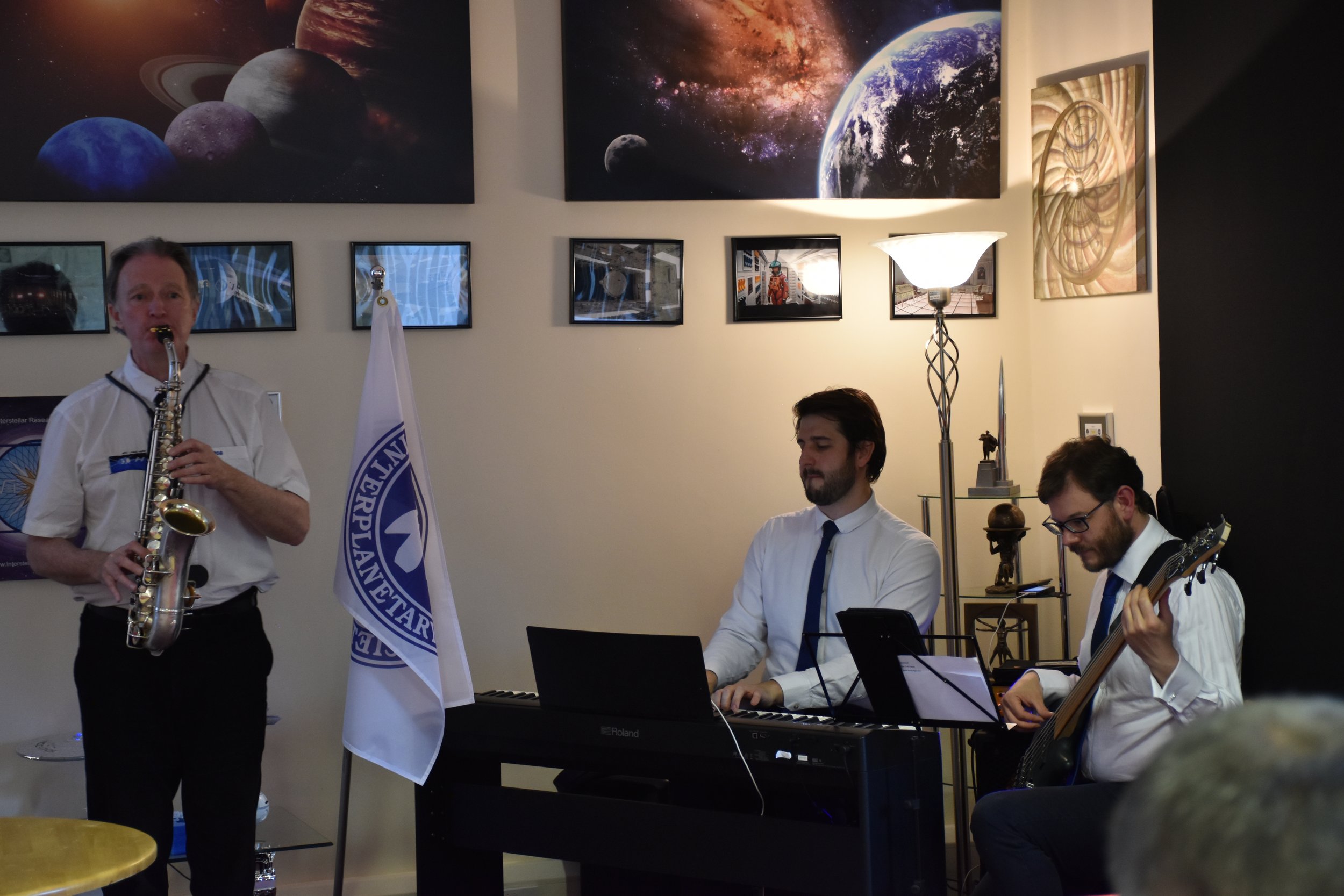
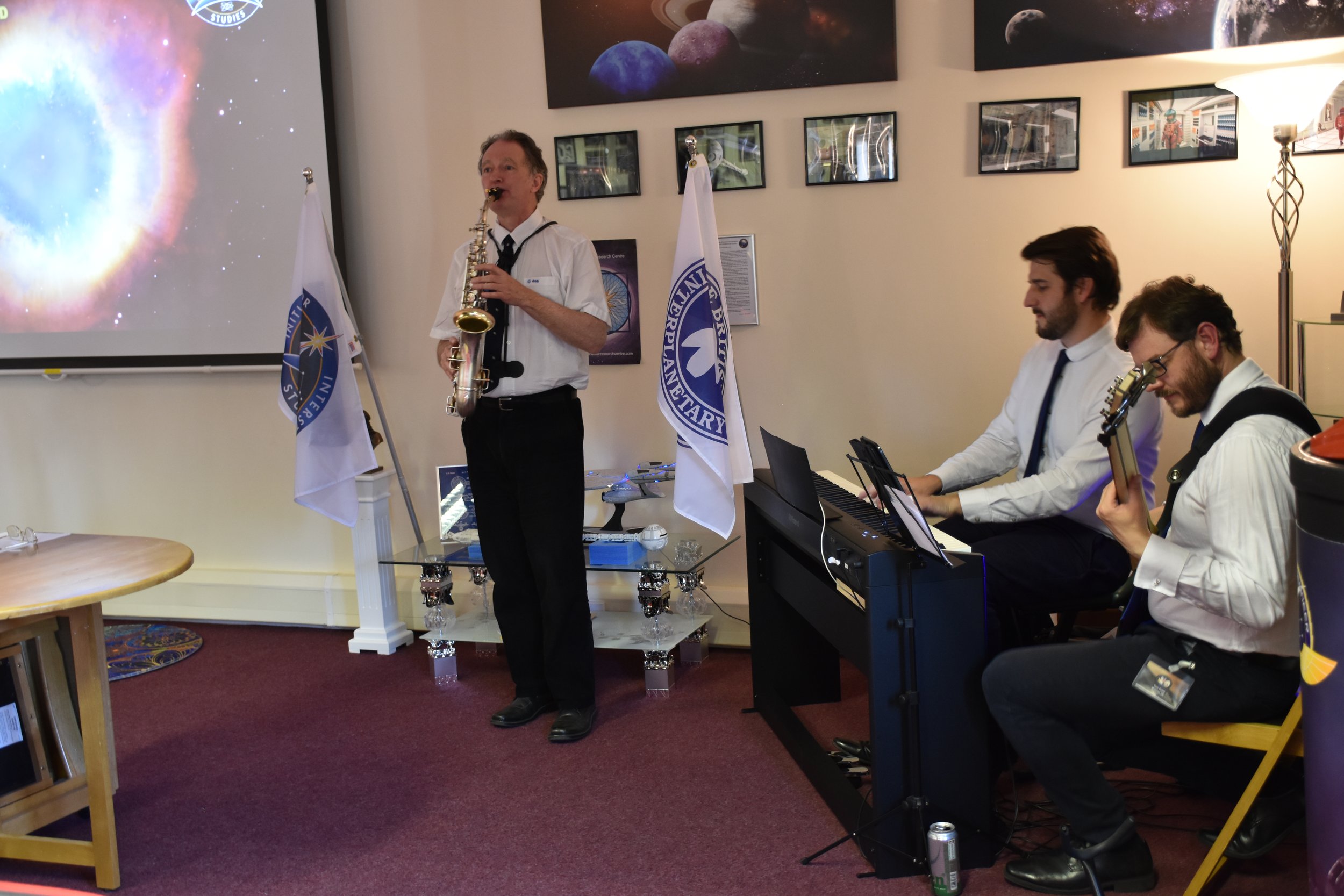
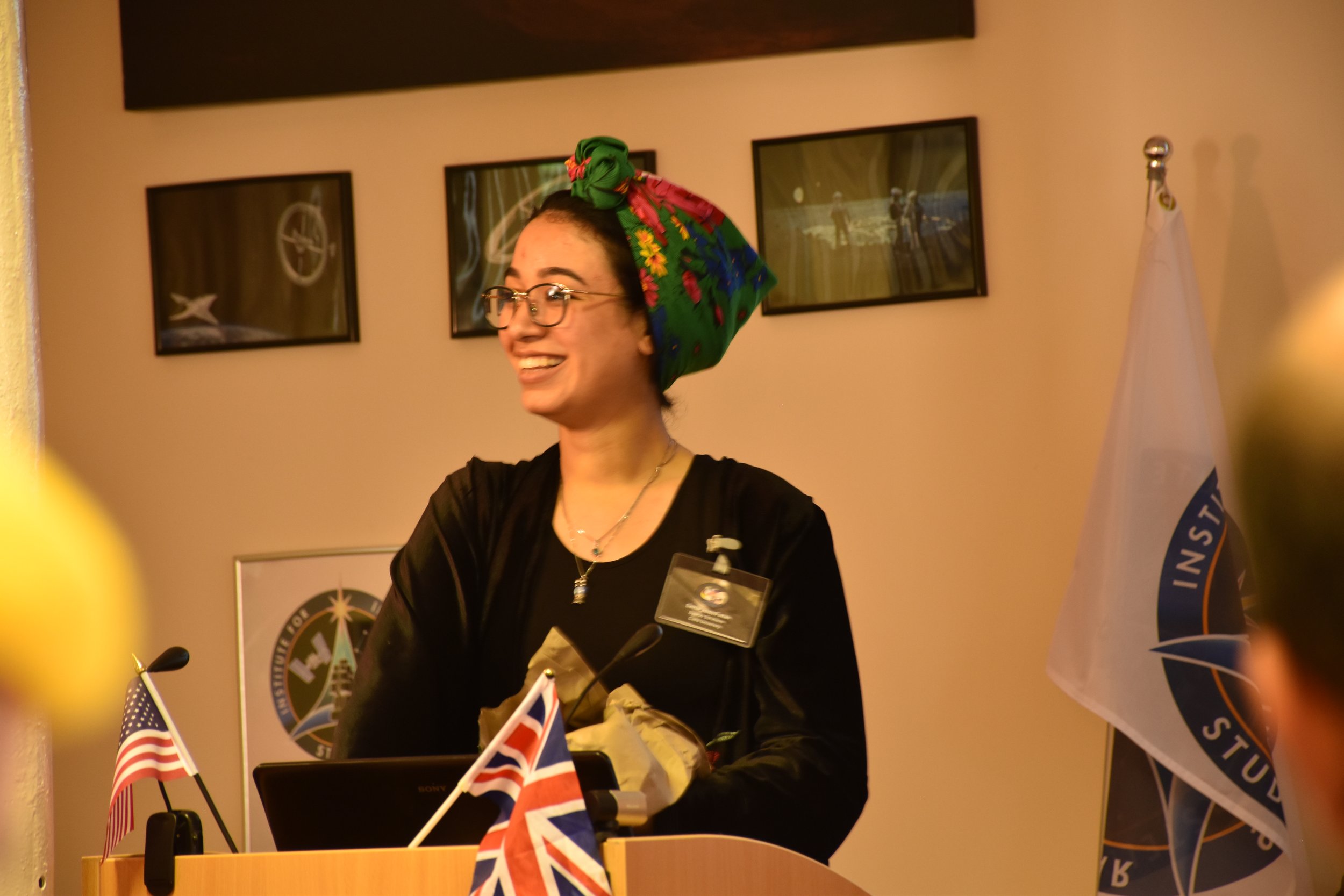
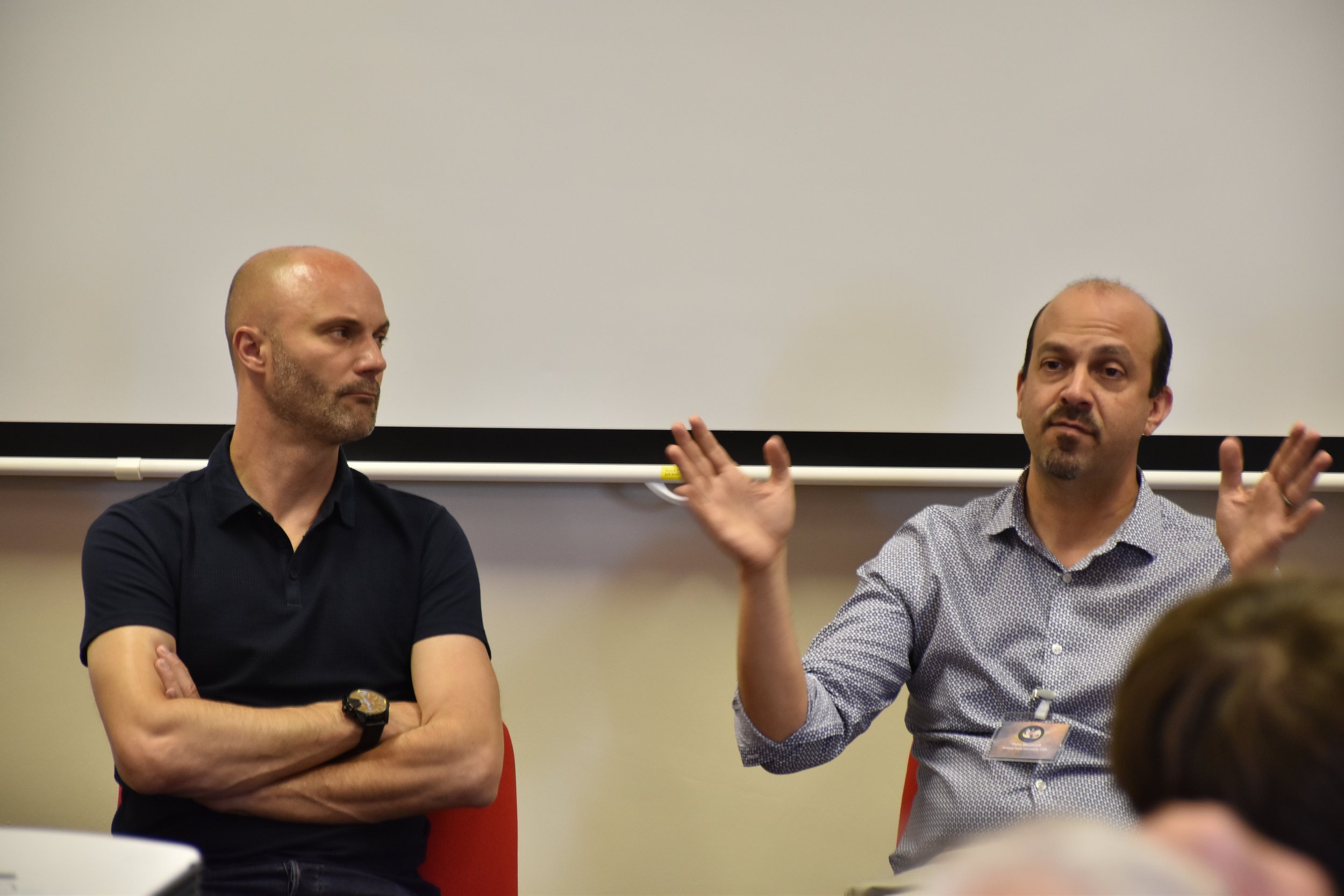
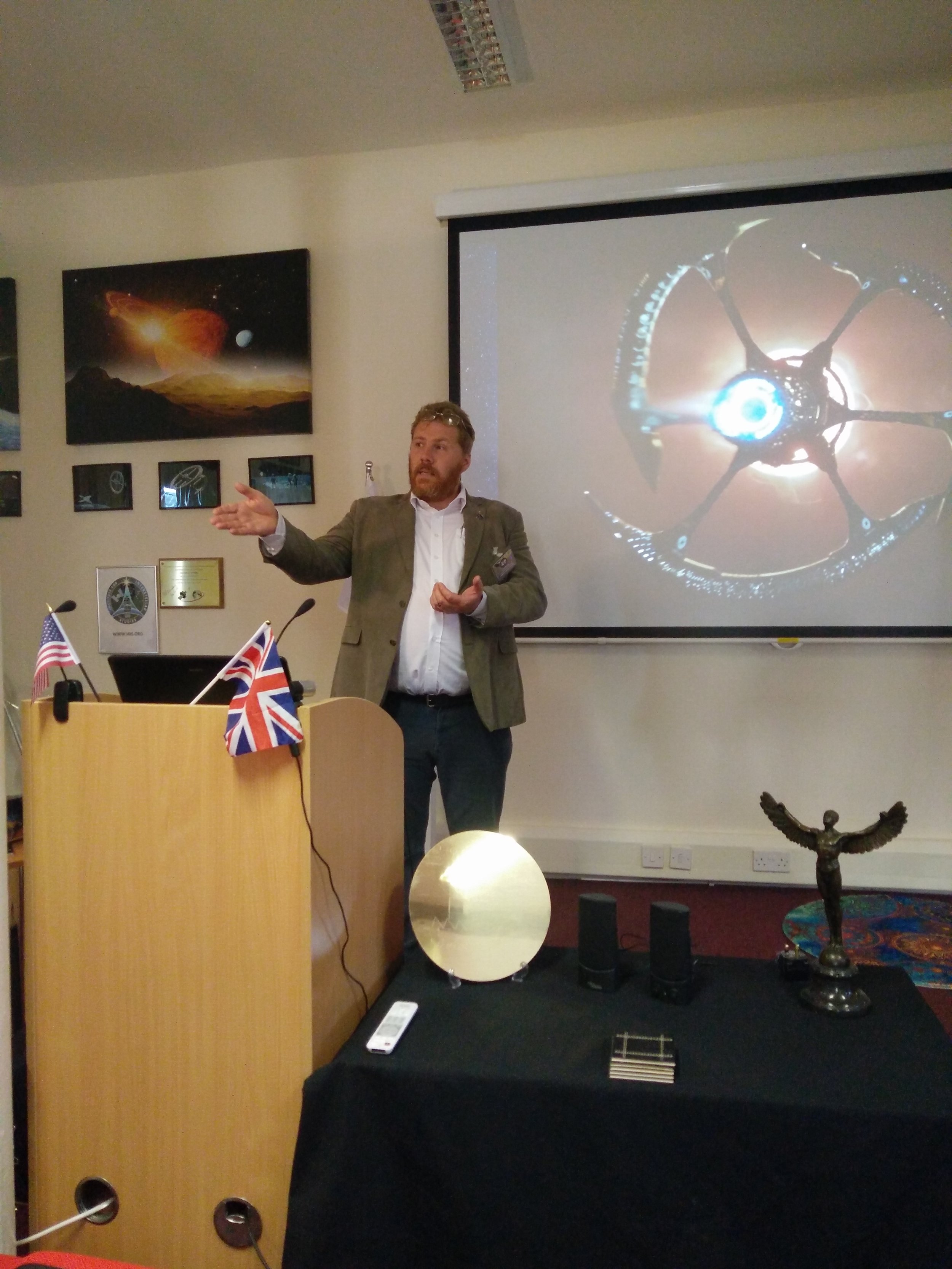
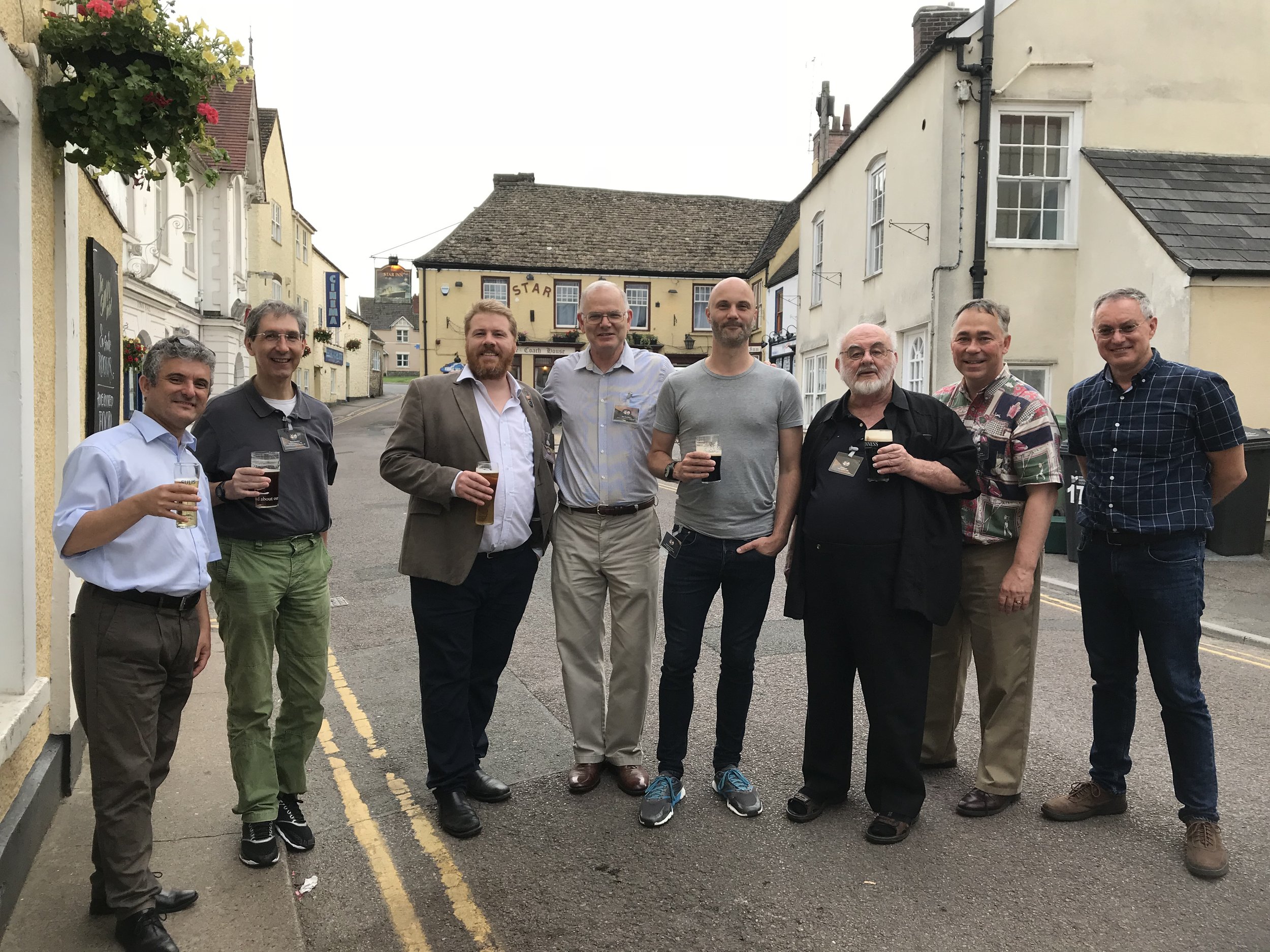
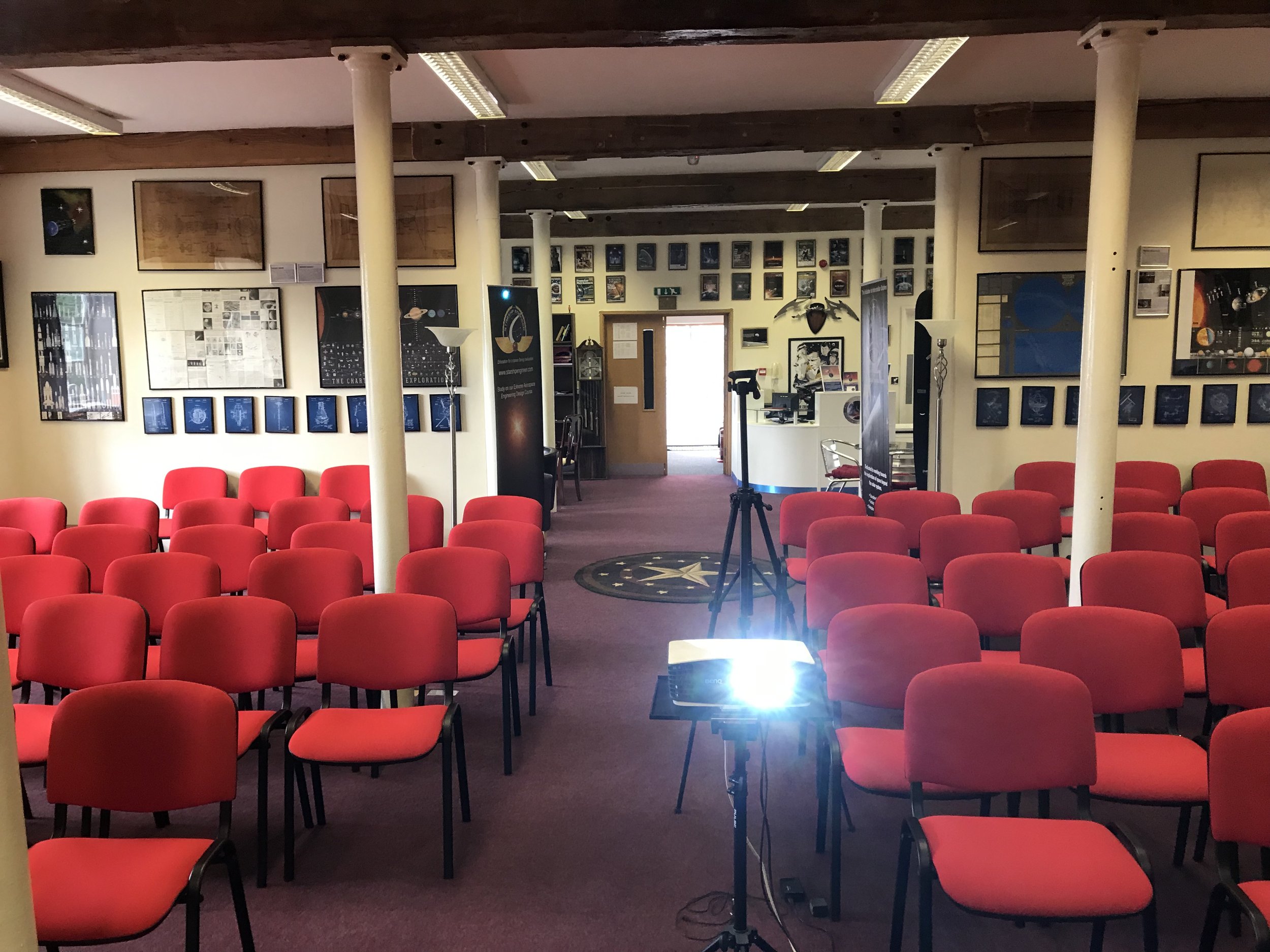
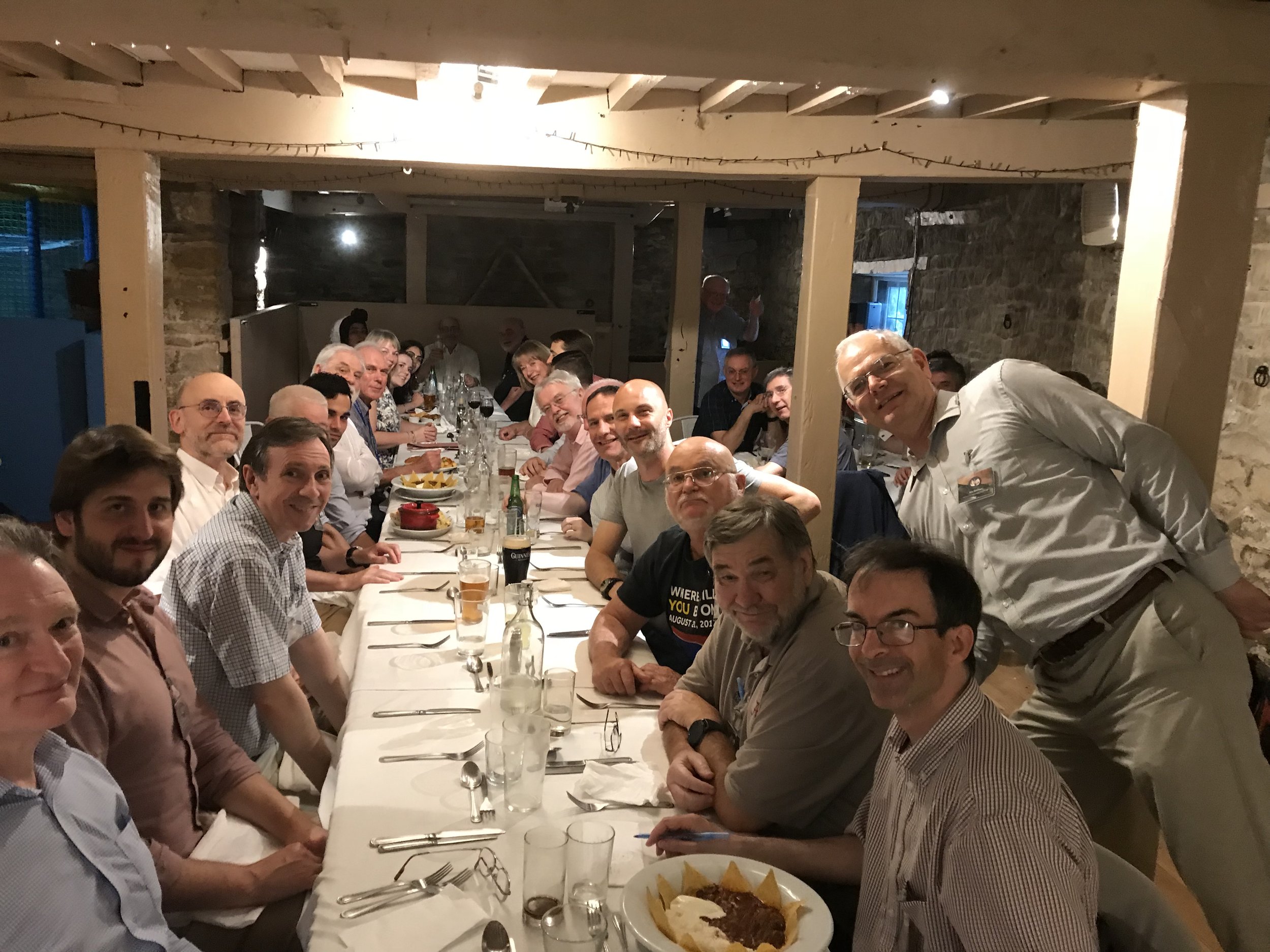
Background to Workshops
At the start of this new millennium we are faced with one of the greatest challenges of our age – can we cross the vast distances of space to visit other worlds around other stars? At the end of the last century the idea of interstellar travel was considered one of science fiction. In recent times that has changed and interstellar flight has received much interest. This is particularly since the discovery of many planets outside of our Solar System around other stars. Indeed, we now know that an Earth sizes mass planet orbits one of our closest stars, Proxima b. In addition, national space agencies and private commercial industry are beginning to turn their attention to the planets and beyond. It is time to start considering the bold interstellar journey and how we might accomplish it. Yet, this challenge presents many difficult problems to solve and who better to address them than the global physics community. Hence the need for a regular forum to discuss such ideas.
“How many more years I shall be able to work on the problem I do not know; I hope, as long as I live. There can be no thought of finishing, for ‘aiming at the stars’ both literally and figuratively, is a problem to occupy generations, so that no matter how much progress one makes, there is always the thrill of just beginning.
— Robert H Goddard
Other good conferences or workshops do exist, but some observations about those have been noted. Such as there is a tendency to sacrifice quality over quantity, or that the large number of attendees prevents any discussion of depth, or that the agenda’s are so busy and packed with talks and events that participants quickly become exhausted and have no time for getting stuff done. The Foundations of Interstellar Studies workshops therefore attempt to address these issues.
Some other observations have led to some key needs in the interstellar community, including: (1) there is a need to raise the academic standard in the quality of publications in the field (2) there is a need to educate academics as to the actual progres that has been made in the literature over past decades and create a sea change in perspectives. Essentially, the Foundations of Interstellar Studies workshop are designed to address these issues and the goal is to both raise the standard of published papers by emphasis on academic rigour, but also to facilitate further contributions from academic communities towards solving what are very interesting problems that need to be addressed.
At the end of World War II there was a set of outstanding physics meetings that took place in North America. These were the famous Shelter Island conference on the foundations of Quantum Mechanics (1947), and Pocono Conference (1948) and Oldstone Conference (1949). The typical delegates for these meetings are listed below. These meetings were known for their informal conversations. To illustrate the structure of these conferences here is one report from a delegate: “It has been found that much of value may be accomplished in two or three days of close association by key workers, who are frequently widely scattered geographically. Concentration on a given topic, the absence of distracting interests and the opportunity of free intimate discussions which is made possible by a small group, are particularly helpful.”
In the early part of the last century the famous Solvay conferences on physics took place, devoted to outstanding preeminent open problems in physics (and chemistry). These were attended by the likes of Albert Einstein, Hendrik Lorentz, Ernest Rutherford, Erwin Schrodinger, Werner Heinsenberg and many others. The Solvay conferences still take place today, the most recent being one in 2014 on Astrophysics and Cosmology. The first such meeting was in 1911 and is illustrated in the table below.
The lessons from these famous meetings are therefore reflected in the Foundations of Interstellar Studies Workshop. It is the intention to create an ‘interstellar focussed’ version, run jointly between several organisations depending on the host country. Such a workshop is to be run perhaps every two years if successful. The idea of this workshop is to do something that nobody has done before in the interstellar community. It is to provide a forum for problem solving on theoretical physics problems focussed on interstellar flight. The aim is to get researchers together and to maximum the social interaction time for idea swapping and information exchange and it is expected that the ideas and discussions (and maybe even calculations) should continue into the evening social sessions. It is the intention to make this one of the most successful scientific meetings relating to interstellar flight that has ever been organised. The Foundations of Interstellar Studies workshop concept was created by the physicist and aerospace engineer Kelvin F Long.
Purpose of workshops
To facilitate intellectual discourse in matters relating to the technical challenges of interstellar flight so as to promote theoretical and experimental progress towards the attainment of the interstellar vision.
“Exploration is in our nature. We began as wanderers, and we are wonderers still. We have lingered long enough on the shores of the cosmic ocean. We are ready at last to set sail for the stars,
— Carl Sagan




